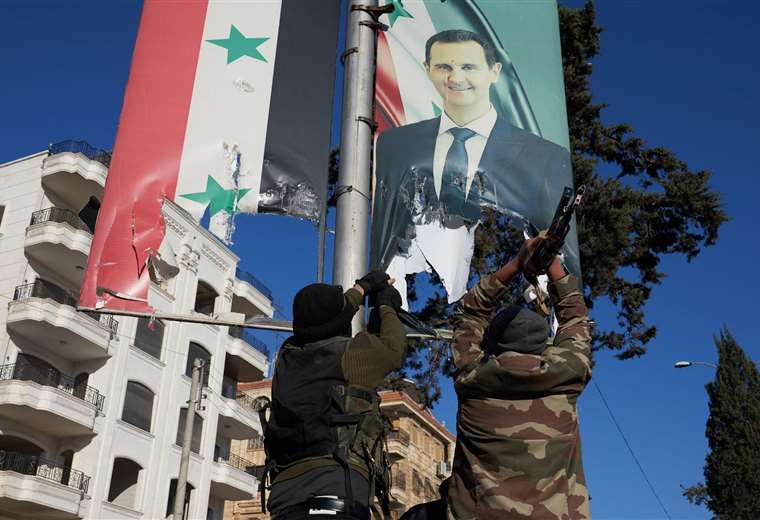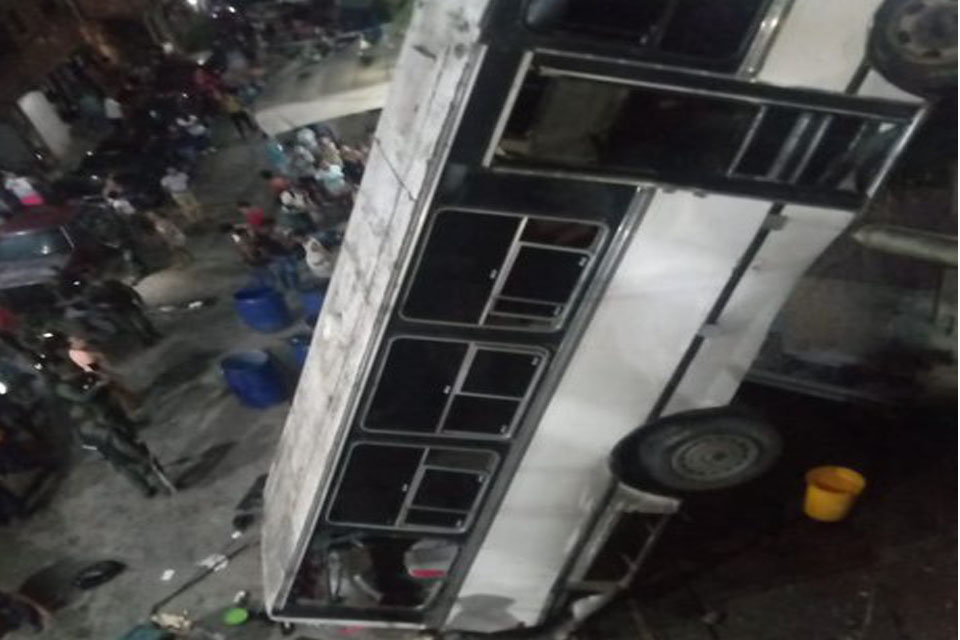December 3, 2024, 7:45 AM
December 3, 2024, 7:45 AM
Rebel forces launched their biggest offensive in recent years against the government of Syrian President Bashar al Assad, reminding the world in one fell swoop that the war in Syria is not over.
The surprise attack led by the Islamist militia Hayat Tahrir al Sham (HTS) allowed the rebels to take control of Aleppo, Syria’s second largest city, forcing government troops to withdraw.
The offensive forced Russia to carry out its first airstrikes in Syria since 2016.
Almost 14 years after its outbreak, the resumption of hostilities fuels fears that peace will not come to Syria in the short term.
The country has been de facto divided since 2018 as a result of the civil war, with one area under the control of the authoritarian Assad regime, and others under the control of Kurdish forces and Islamist insurgents.
Below, we present five reasons why this seemingly forgotten war continues.
1. Foreign interests
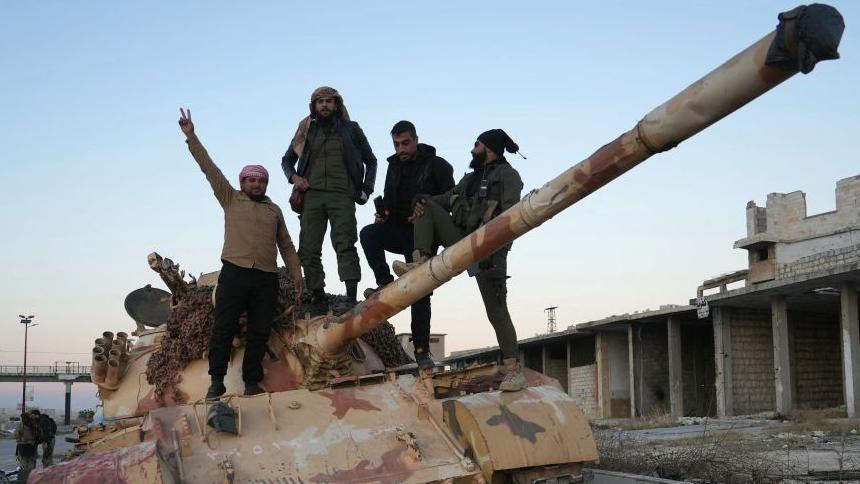
Syria has become in recent years a chessboard in which global powers support factions that they believe favor their strategic interests.
The different armed factions in dispute have the support respectively of Türkiye, Saudi Arabia and the United States. Assad has managed to maintain his regime thanks to the indispensable support provided by Russia and Iran.
The deepening of the conflict led to the involvement of jihadist organizations such as the Islamic State group and al Qaeda, which aggravated global concern about the situation in the country.
The Syrian Kurds, eager for autonomy and supported by the United States, are also part of and add complexity to the conflict, and Turkey supported rebel forces that have served to protect its border.
In 2020, Russia and Turkey promoted a ceasefire in Idlib, in the northwest of the country, which established a security corridor in which joint patrols could be carried out, although sporadic fighting continued to occur there.
Although violence there was reduced, the Damascus government never fully regained control of this region.
Now, the rebels have decided to launch against a weakened government whose allies are concentrated elsewhere.
“The Assad regime depended heavily and for many years on foreign support. The implosion of Hezbollah as a result of Israel’s fierce offensive against it and the increasing depletion of Russian resources due to the war in Ukraine have left it truly alone to the regimewhich has created just the right moment for HTS to mount its surprise offensive and begin to regain territory,” said Simon Frankel Pratt, a political science expert at the University of Melbourne.
For him, “that the fuse of war has been lit again is the result of a combination of domestic instability factors and the erosion or collapse of the foreign support on which Assad relied.”
2. Economic collapse and humanitarian crisis
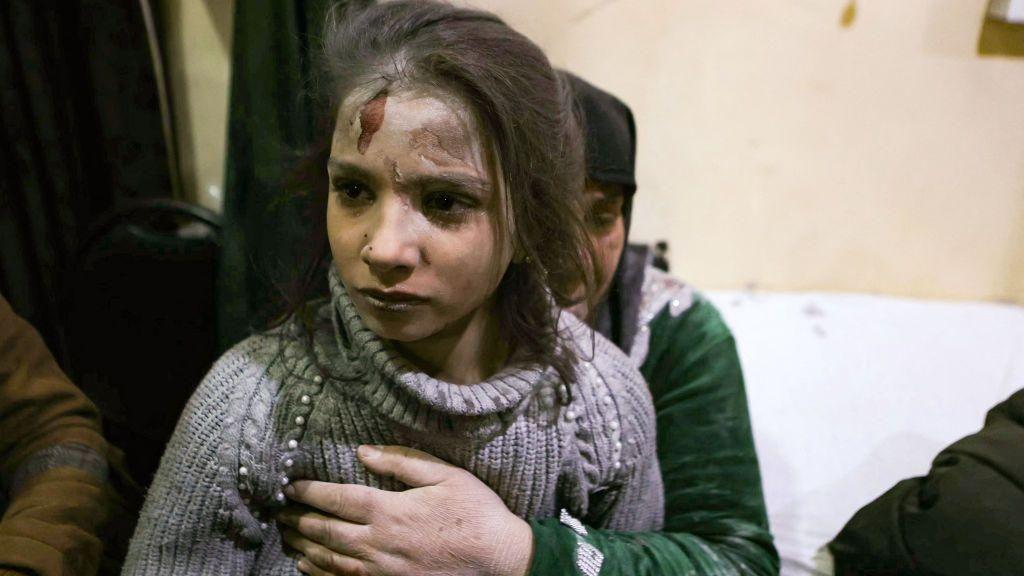
Years of war have ruined Syria’s economy, seeing much of its infrastructure destroyed, and left millions of people living in dire conditions.
The conflict has created a humanitarian crisis from which there is no way out.
More than half of the population of 22 million people who lived in Syria before the outbreak of war have been displacedaccording to United Nations figures.
Of the 6.8 million internally displaced people, more than two million live in overcrowded camps with very limited access to basic services.
Another six million people have left the country, heading mainly to Lebanon, Jordan and Türkiye, which between them host 5.3 million refugees.
“The situation is very fluid and uncertain,” says Emmanuel Isch of the NGO World Vision Syria.
“There is ongoing fighting in different places and that is leading to an increasing number of internally displaced people,” adds Isch.
“They are going to different places and our concern is that there are already two million people in northwest Syria living in refugee camps, and some of the displaced people come to them in the hope of receiving help, but there are no resources to absorb them. more internally displaced people”.
More than 15.3 million Syrians needed humanitarian assistance in 2023, a record number, and 12 million lived in severe food insecurity.
The February 2023 earthquake in the Gaziantep area, Turkey, left 5,900 dead and 8.8 million homeless in Syria, worsening living conditions in general.
Economic interests, sometimes clashing over control of oil fields and trade routes, have continued to fuel tension, adding to the humanitarian crisis to contribute to discontent and infighting in the country.
3. An authoritarian government
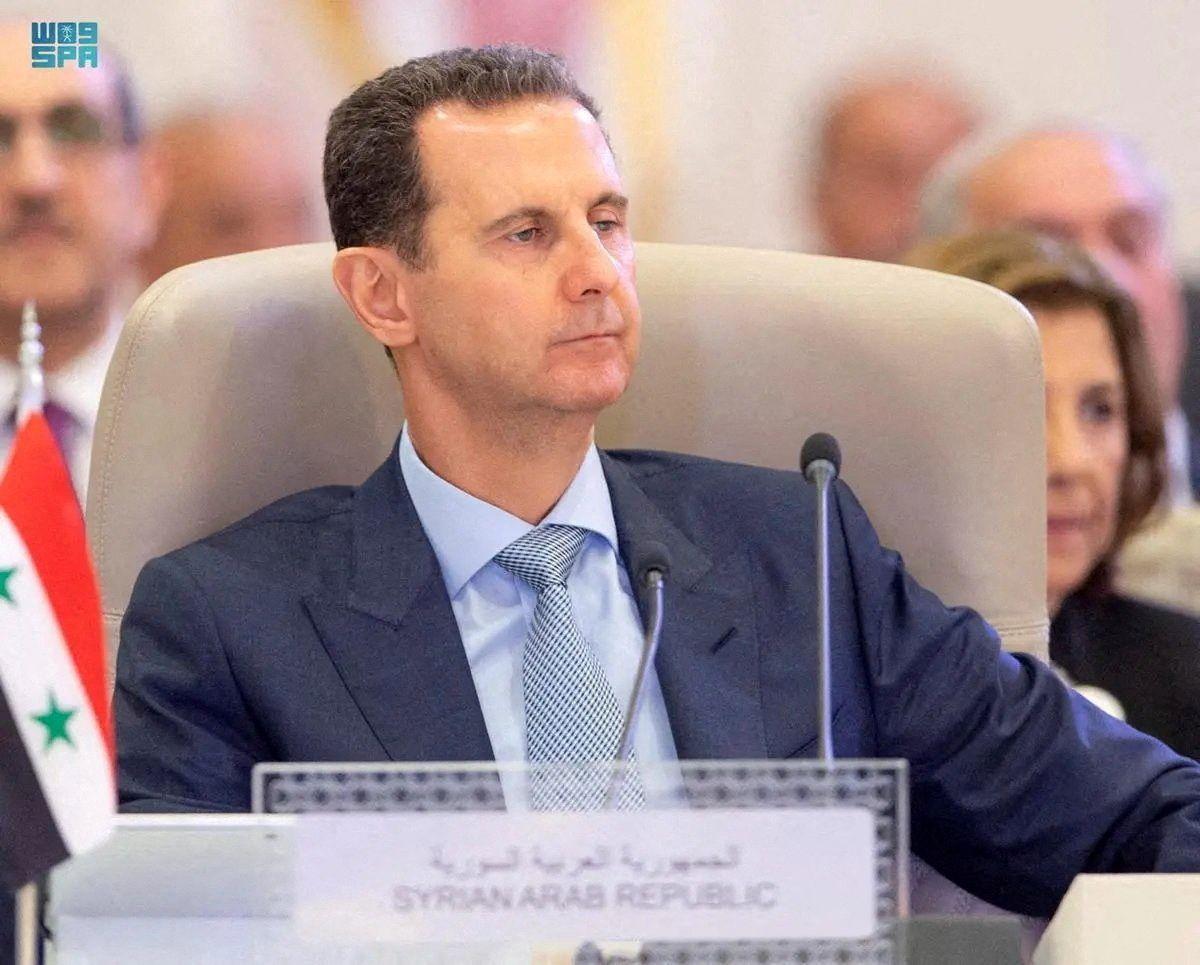
The violence and repression unleashed by the Assad regime to maintain itself has also fueled dissent and prolonged the conflict.
A 2021 UN report documented widespread human rights violations by the governmentincluding chemical attacks, aerial bombardments of populated areas and severe restrictions on humanitarian aid.
“Authoritarianism beats at the heart of this war,” explains Julien Barnes-Dacey, director of the Middle East and North Africa program at the European Council on Foreign Relations.
“The regime has repeatedly refused to share power or reach compromises,” he adds.
The UN estimates that 306,887 civilians had died as a result of fighting as of 2022 and thousands more died from hunger, disease or lack of healthcare.
Burcu Ozcelik, an expert on Middle East security policy at the Royal United Services Institute, a UK security and defense think tank, believes that “the regime is compulsively focused on its survival rather than good governance.”
4. A divided society
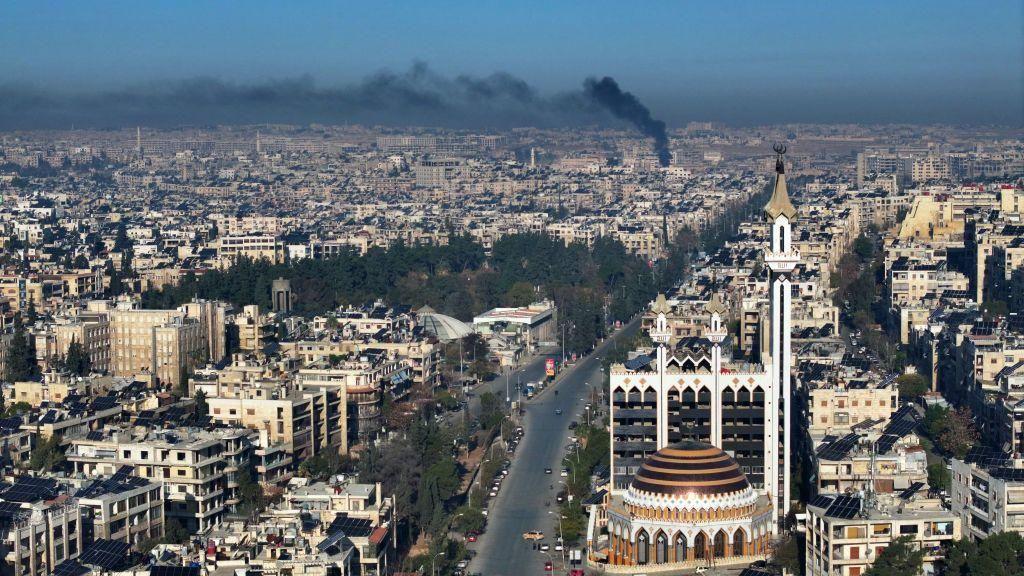
“While political divisions are a fundamental part of the conflict, it cannot be denied that underlying sectarian tensions have also played a central role for some time,” says Barnes-Dacey.
In the east, Kurdish-majority areas have largely remained outside the control of the Syrian state. since the first years of the war.
While remnants of the Islamic State group persist in the vast Syrian desert, posing a security threat, especially during the truffle harvest season, when inhabitants go in search of this delicacy.
Idlib, in the northwest, has become a stronghold for militant groups that were pushed there in the most intense phase of the war. The most prominent of these groups and the one that de facto controls Idlib is HTS.
The situation has been further complicated by fighting between the insurgent groups themselves.
Some, including Turkish-backed Kurdish forces, have clashed with the Syrian Democratic Forces, an alliance made up mainly of Kurdish fighters from the People’s Protection Units (YPG). Ankara considers the YPG a terrorist organization.
Shortly after HTS launched its offensive, the Turkish-backed Free Syrian Army, which is part of the alliance of armed groups that seized much of Aleppo, said it had seized villages and land around the city. .
The fact that this land was not held by the government, but by the Syrian Democratic Forces, illustrates how tangled and fragmented the conflict ravaging Syria is.
5. The failure of diplomacy
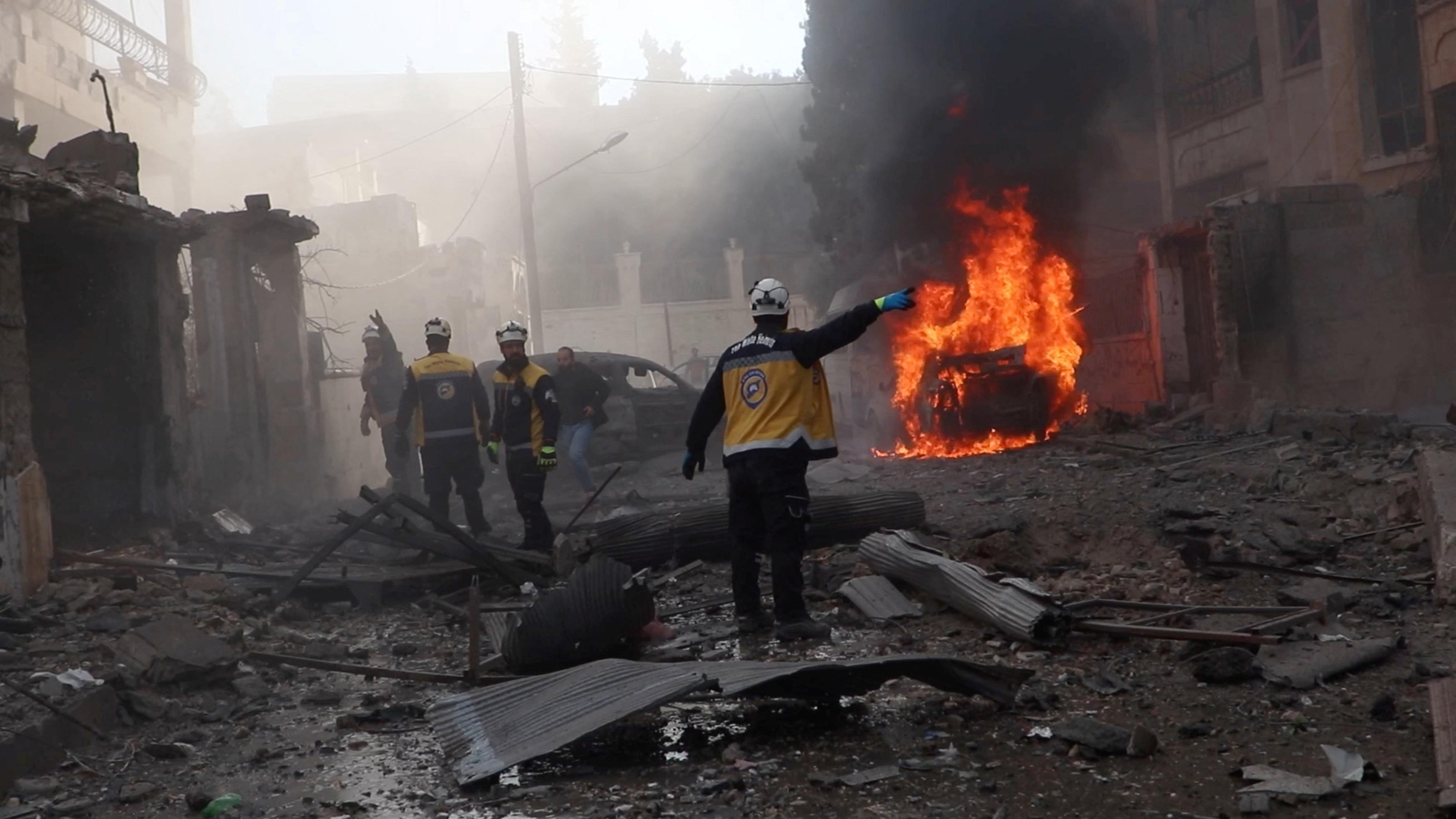
All efforts to find a negotiated solution, including UN-sponsored talks, have failed due to the divergent priorities of the main actors, who have put their strategic objectives before the will to reach an agreement, which, according to experts, has left little room for lasting peace.
“The underlying dynamics remain unchanged. The Assad regime does not want to give up power or reach compromiseswhile rebel factions continue to fight him to overthrow him and secure their position in the country,” explains Barnes-Dacey.
Frankel-Pratt adds: “Other countries in the region are quite nervous because it is not clear how this could be resolved.”
“When nervous, countries tend to act conservatively. For example, we could see temporary agreements between Iran and the Persian Gulf states to maintain a stable situation, and a conservative foreign policy by the United States and Europe to prevent “the conflict escalated further.”
Some experts highlight the unpredictability factor introduced by Donald Trump’s electoral victory in the United States.
Turkey, for example, according to some reports, supported the recent rebel offensive to strengthen its position before Trump takes office as president in search of a favorable negotiation with the United States and Russia.
However, The policy of a second Trump administration towards the Middle East remains an unknownBarnes-Dacey recalls.
“There is a sector in Trump’s environment that wants an aggressive pro-Israel and anti-Iran policy in the Middle East, and another that advocates isolation and that the United States withdraw from the region,” he points out.
“It is unclear whether Trump will seek greater US involvement with Iran in his sights or accelerate the US withdrawal.leaving regional actors to resolve their conflicts independently,” he concludes.

Subscribe here to our new newsletter to receive a selection of our best content of the week every Friday.
And remember that you can receive notifications in our app. Download the latest version and activate them.
